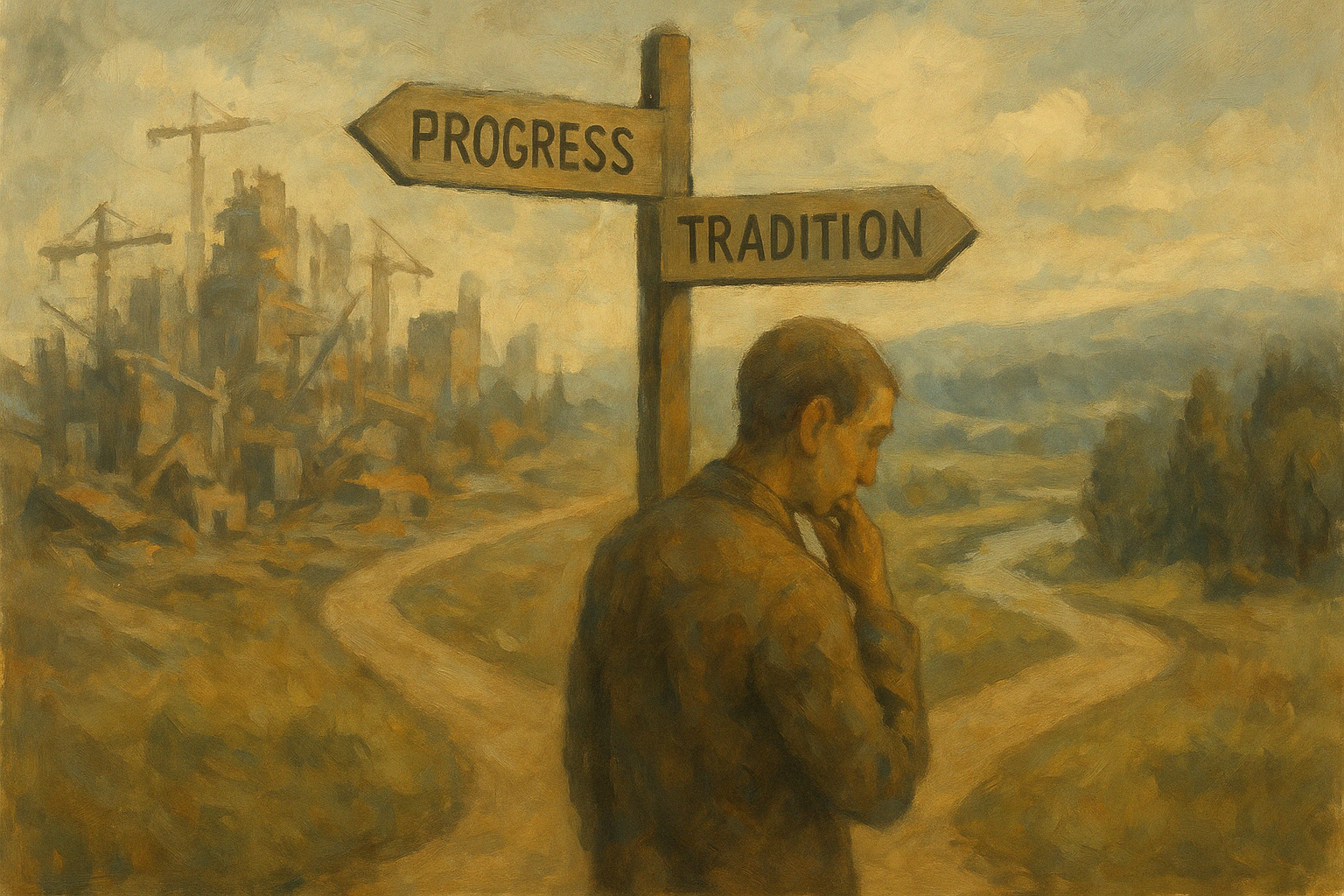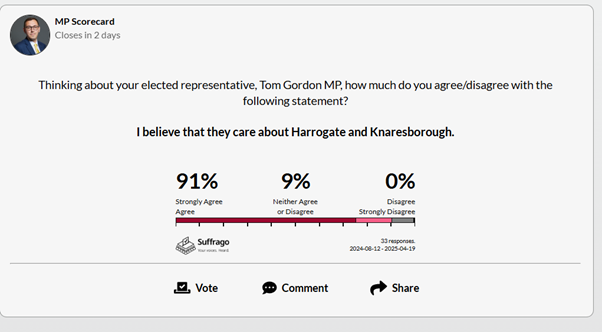Starey Eyes
Have you ever felt like someone is watching you from behind? Or have you ever caught someone staring at you, only for them to turn around and meet your gaze? Chances are, the answer to both questions is “yes.”
This week, I was intrigued to learn about the work of Dr. Rupert Sheldrake, a Cambridge biologist who has studied this phenomenon. Through various surveys and experiments, Sheldrake found that many people report such experiences. His assessment is that humans and animals may have the super-power of sensing when something is looking at them. Sheldrake noted that children have this power more so than adults and reasoned that for evolutioary reasons, animals which developed this sixth sense were likely to live longer.
If these findings hold true, this challenges conventional understandings of mind, body, consciousness, biology, morality, and physics—the whole shebang. I can tell you that his work – though he may be wrong – has warped my mind.
You can explore his research here. Make of it what you will. Your starting point, I suggest, is to reflect on whether you’ve had similar experiences. While Sheldrake’s views are not widely accepted in mainstream science and are often dismissed as fringe or pseudoscientific, he has garnered some support from notable figures, including Nobel Prize-winning physicist Professor Brian Josephson.
Youthful Declarations
This week, I’ve also dipped into the works of conservative Cambridge philosopher Sir Roger Scruton and Stanford Professor of Biology Robert Sapolsky. Both academics approach problems through the unique lenses of their respective training.
What struck me—and, frankly, disappointed me—is that both Scruton and Sapolsky trace the formation of their core beliefs back to formative experiences in their youth, spending the subsequent decades upholding these early declarations.
Sapolsky says that at the age of 13, he woke up in the middle of the night and declared that God didn’t exist. Similarly, Scruton recounted that after witnessing the 1960s Paris demonstrations and the ensuing riots that this led him to develop a conservative outlook – his logic being that if he wasn’t a rioter, then he must be on the other side.
In my experience, often, but not always, there is something suspect – to use a Christopher Hitchens turn of phrase – about people who just so happened to make their key philosophical findings so young. Surely there would be some intellectual evolution over the years?
Being Nice
And finally: this week, I have been reading psychiatrist Gabor Maté’s insightful book, When the Body Says No. In it, he observed that many sufferers of severe conditions—such as Amyotrophic Lateral Sclerosis (ALS), the disease that afflicted Professor Stephen Hawking—are often described by their medical practitioners as “nice people.” Maté’s theory posits that individuals who are predisposed to people-pleasing behaviours may be more susceptible to developing chronic health conditions. According to Maté, the way we handle stressors and relate to others can lead our bodies to manifest illness as a form of self-protection or expression of repressed emotions.
As with Sheldrake, whilst I’m no medical expert, his theory raises fascinating questions about the mind-body connection, which is worth considering for those of us with chronic conditions.










